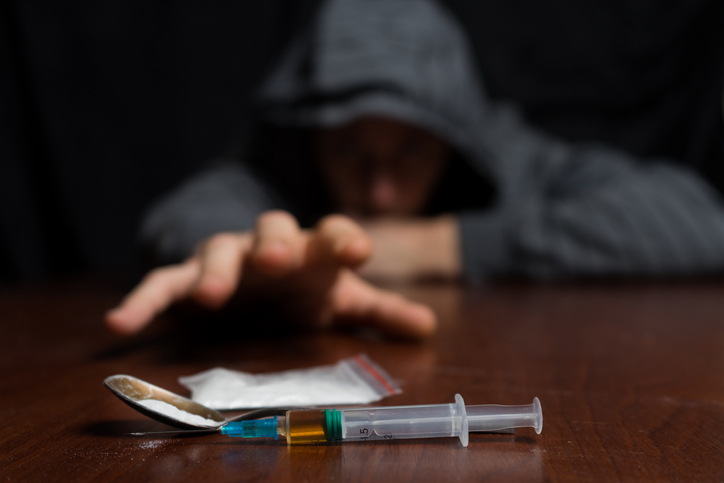Rehabilitation centers have shown great benefits through helping people struggling with drug and substance addiction. People who have suffered from addiction can confirm how difficult it is to overcome it alone. One needs to be in a healing environment like a rehab center that supports a successful recovery. You don’t have to try handling the addiction while living in an environment with temptations to continue with the same behavior.
Rehabs have individualized treatment programs that help patients understand their problems and underlying issues likely to have led to their addiction. This helps you identify what is required to leave the addicted life for a productive and happy life. Visit https://impactrecoverycenter.net/ to have more insight on what drug and substance-use rehab centers offer. The following are the types of treatment programs you might need to know.
Individualized drug counseling
Table of Contents
Individualized drug counseling focuses on helping drug users stop and addresses some related issues like family and social relations, employment status, and illegal activity. Additionally, the program checks on the structure and content concerning a patient’s recovery process. The program emphasizes short-term behavior goals, which help the counseling department work hand in hand with a patient, closely monitoring and assessing the recovery progress. An individualized drug program helps a patient come up with coping tools and strategies essential in abstaining from drug use and maintaining abstinence.
Group counseling
You will realize most rehabs use group counseling. Group therapy is a good way to capitalize on social reinforcement. It encourages peer discussions where drug and substance patients share their struggles and recovery journey. Through this, patients understand that they aren’t alone in the battle to fight addiction, promoting drug-free lifestyles. Research shows that group therapy offered together with individualized drug therapy produces positive outcomes.
Outpatient treatment programs
Outpatient treatment varies in two aspects, which include intensity and types of services the program offers. The treatment is less expensive when compared to inpatient treatment. It’s suitable for individuals with extensive social support or working work. The program provides little more than drug education due to its low-intensity programs. However, some other outpatient models are almost similar to inpatient programs regarding the effectiveness and services offered. An example of such is intensive day treatment. But, then, it depends on the individual patient’s needs and character. Many outpatient programs have group counseling. They also offer treatment to patients with mental health issues and drug-use disorders.
Short-term residential treatment
Most short-term residential treatment is intensive but provides a relatively brief treatment. The program uses a modified 12-step approach. The program managed alcohol addiction earlier, but it was modified to treat other substance-use disorders with time. The model is based on 3 to 6 weeks of inpatient treatment in a hospital offering rehabilitation sessions. Also, there are outpatient therapy programs, and patients are involved in self-help groups that help to mold their social lives. This program is essential to patients struggling with drug and substance use as it helps to reduce relapse risks.
Long-term residential treatment
This is a treatment program that provides care 24 hours a day. Patients receive treatment in a non-hospital setting. Patients stay in the rehabilitation centers for 6 to 12 months. Treatment sessions are highly structured with activities that help examine likely damage caused by the drugs and destructive patterns of patients’ behavior. This way, it becomes easier for the specialists to understand the best ways to help a patient develop new productive lifestyles away from drug use. Patients receive skills on how to relate with each other through support services. Research shows that long-term residential treatment works successfully for most drug and substance-use patients.











